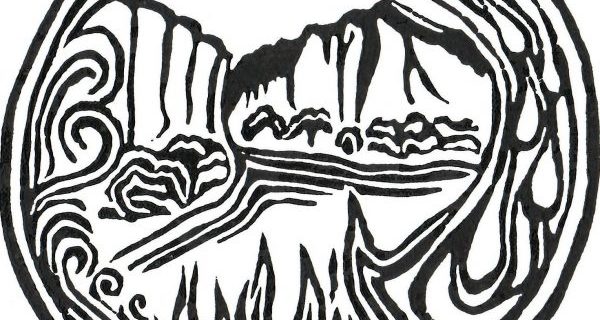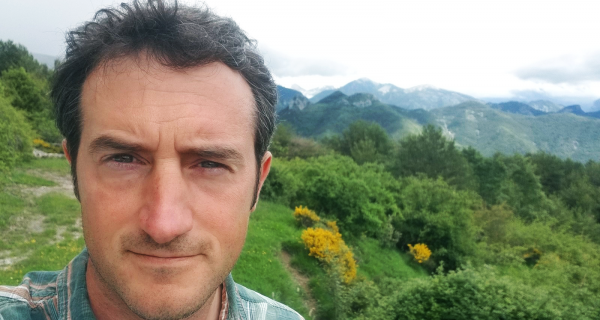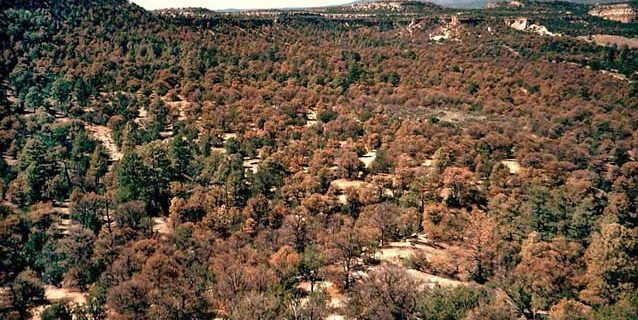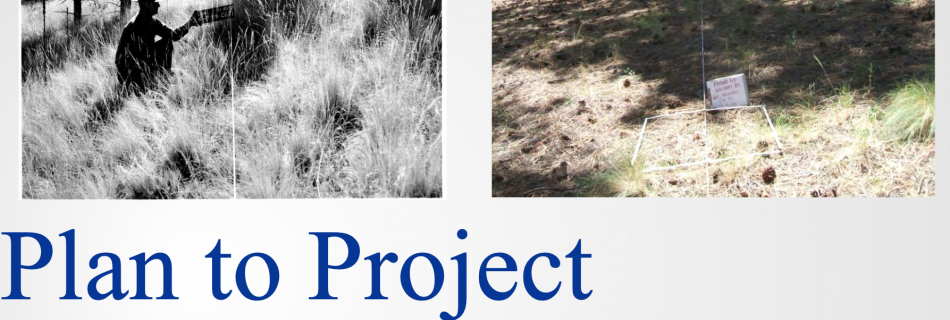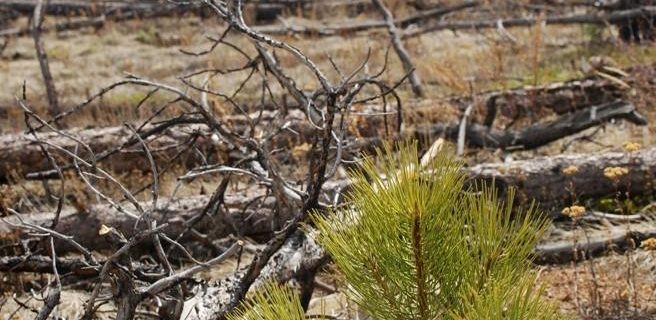Collective Action for Wildfire Risk Reduction
Date: April 19, 2022 11am AZ/12pm MDTPresenter: Dr. Susan Charnley, Pacific Northwest Research Station Over the past decade, government policies and programs to incentivize “all-lands approaches” to reducing wildfire risk have emerged that call for collective action among diverse public, private, and Tribal landowners who share fire-prone landscapes. This presentation draws on research from Oregon …


